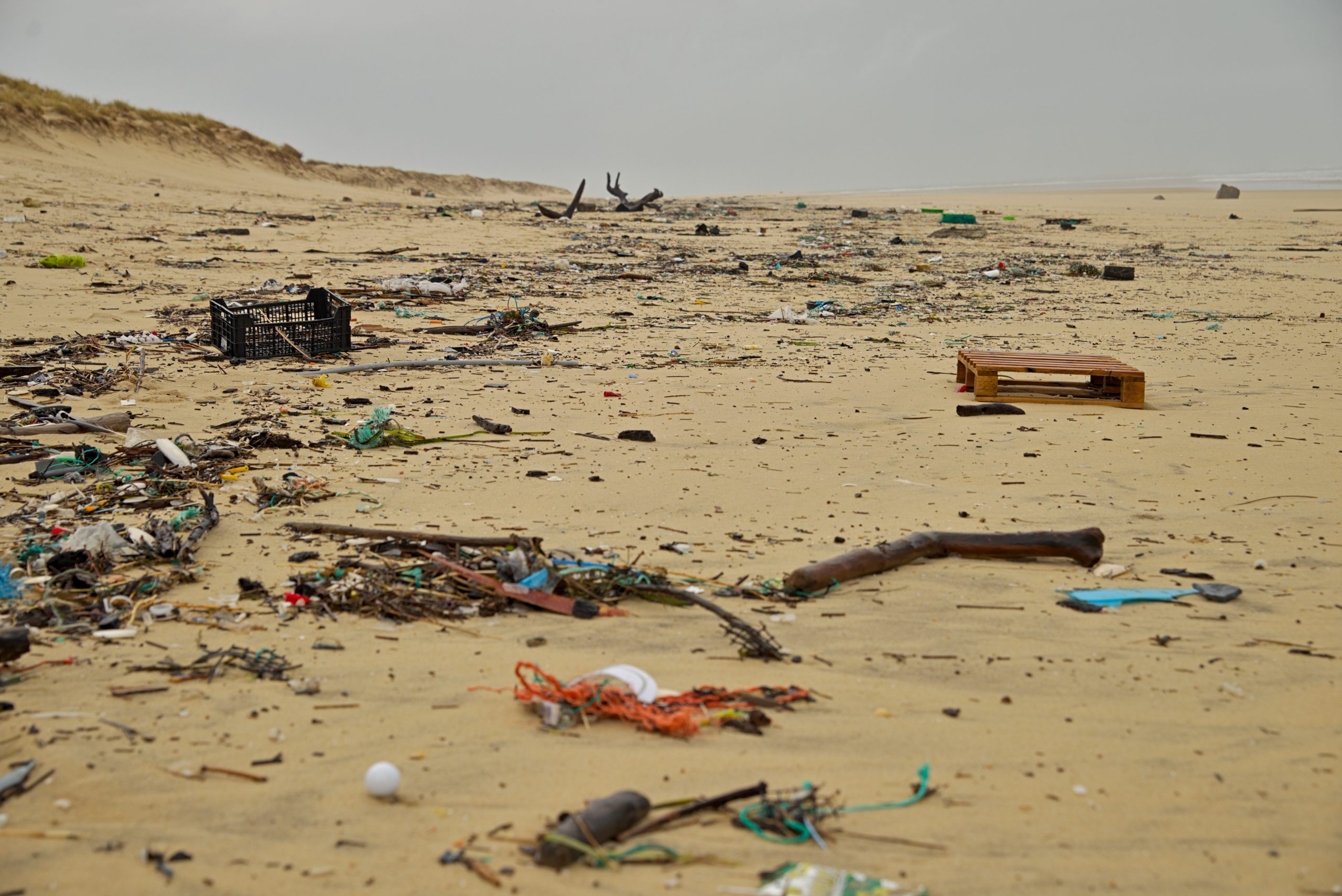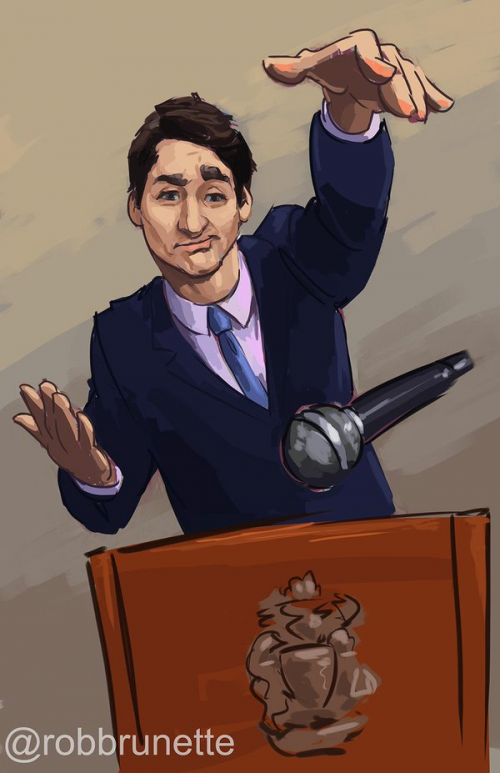My name is Jemma Grace Courrier, and I’m not a very big fish in a very big, intimidating pond. I’m here to tell you a bit about the transgender day of remembrance, or TDoR for short. Disclaimer: This may come off a little strong or opinionated but, that is what awareness is. Awareness is becoming enlightened to your surroundings and shedding your ignorance.
Let’s get started: Transgender Day of Remembrance, what is it? Every person you ask would give you a different answer. A straight cisgender – a word which here means “gender unchanged” – person might tell you that it’s just another day for those weird gays. Asking someone who identifies under the LGBTQA+ umbrella would tell you it is a day to remember transgender folks who have both lawfully and unlawfully passed away. If you asked your transgender pal, then they might say ‘it’s the most important day of the year.’ I wont bombard you with the Webster definition or anything but, the transgender day of remembrance in its simplest definition is our Remembrance Day, the day where we hang our heads in grief and mourning, to remember our siblings, friends, lovers, and idols.
Your next question would probably be ‘well Jemma, what do you guys do on the transgender day of remembrance?’ First, I would stop and correct you on your use of ‘guys’, but that’s for another article. There are many different interpretations of the transgender day of remembrance: some folx party, some folx use it as an excuse to get super intoxicated, but some folx celebrate it solemnly. The common practice is having a service, like in high school when you sit in the gym for an hour or two and remember soldiers who have passed. Most of the time transgender people from your community will come and speak, and most of the time the reaction will be: ‘they’re transgender?’ Yes, they are, and they’re being super brave for speaking in front of you, so maybe you should listen, okay?
The issue that people who identify as non-binary or transgender have is that they are discriminated against almost daily – especially Trans people of colour. If anything I’m saying gets to you or grinds your gears, there are a lot of ways to help.
Using language is a big one:
- Saying folx, rather than guys.
- Saying theirs rather than his or hers.
- Saying they or them rather than he or she.
Sometimes even cisgender people don’t fit under the two main identifiers of male or female. Identity is a very fluid concept, and people are always trying to understand who they are.
Another issue a lot of transgender people face is bigotry: blatant disregard for anything that the person in front of you has told you. Misgendering someone just because you want to or choosing not to acknowledge their gender can be so destructive. It can ruin an entire day, or even a week. Blatant ignorance does not help anyone, and most people affected by this ignorance are the same people who meet in mass or service weekly and claim that they love everyone regardless of what they look like.
What it comes down to at the end of the day is recognizing your privilege. As a white non-binary transgender person who presents feminine, I try my best to acknowledge my privilege, but privilege is a constantly evolving tapestry. I do not experience the struggles that trans people of colour face, I do not experience the struggles that Indigenous transgender people face. Even still, I educate myself on what problems my transgender siblings endure because I want to be someone who can advocate for those who can’t.
At the end of it all, educate yourself. Ask questions to your queer friends, whether they are transgender or not. Be adventurous in your friendships. Be brave, be an ally, advocate for others when they need you. Break through that lens of privilege, or better yet, smash through it. Go with them.
#illgowithyou
Jemma Grace Courrier is a first year Sociology student





